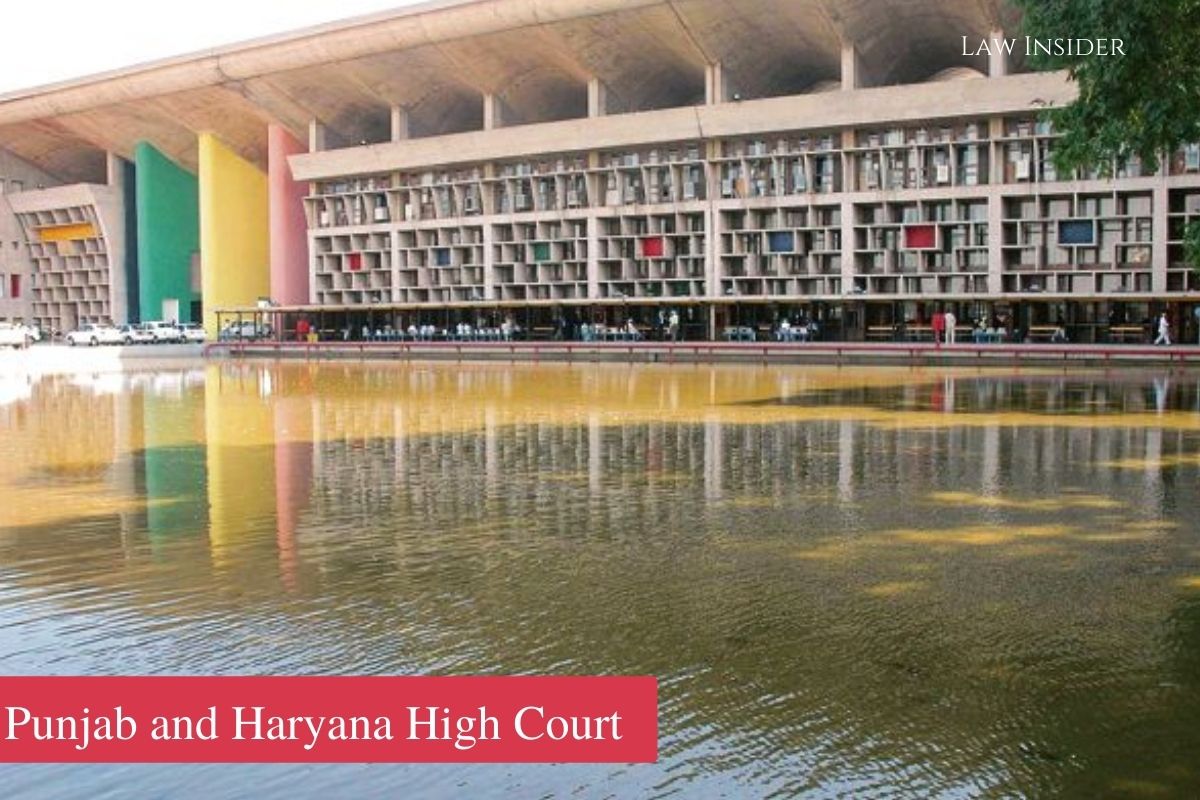LI Network
Published on: October 6, 2023 at 11:06 IST
The Punjab and Haryana High Court has reaffirmed that the authority to pass an order of rigorous life imprisonment for the remainder of natural life without remission lies exclusively with the High Courts or the Supreme Court.
The Court addressed a petition and highlighted that according to the Punjab Premature Release of Life Convicts Policy, 2011, a female convict must serve a minimum of 8 years in actual imprisonment and 12 years in total imprisonment with remissions before becoming eligible for premature release.
However, the petitioner had served more than 17 years in actual custody and 22 years, including remissions, exceeding the minimum prescribed release period.
Justice Deepak Gupta, while observing the legal stance established by the Constitutional Bench of the Supreme Court in the case of V. Sriharan @ Murugan and others, emphasized that only the High Court or the Supreme Court can pass a sentence extending to a full life term, as done by the trial court.
The petitioner, represented by Senior Advocate Kanwaljit Singh Ahluwalia, had been convicted under Section 302 of the Indian Penal Code and was sentenced to life imprisonment for the remainder of natural life.
The petitioner argued that they had already served more than double the requisite actual custody period for premature release as per the State of Punjab’s policies.
The Court addressed the uncertainty surrounding whether a Single Bench or a Division Bench could hear the petition. It was clarified that pre-mature release cases were listed before Single Benches, irrespective of whether an appeal or revision was pending before a Division or Single Bench due to government policy matters.
The Court emphasized that the petitioner’s request for early release should not be denied solely based on the pendency of their appeal before the Division Bench. Referring to previous judgments, the Court asserted that the trial court’s order of a life sentence without remission was a mistake.
The Court further noted that if the petitioner is not released due to the ongoing appeal and the Appellate Court later imposes a sentence of life imprisonment without conditions, the petitioner will have to remain in custody, even though they have already served more than twice the required sentence under the Policy, 2011.
To maintain balance, the Court ruled that the order would be subject to the final decision of the petitioner’s appeal. If the petitioner is released early and the Appellate Court later decides on a life sentence, the petitioner must surrender as directed.
Case title: Ravdeep Kaur v State of Punjab & Ors.

